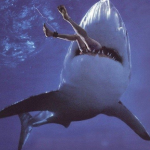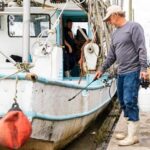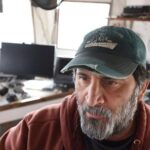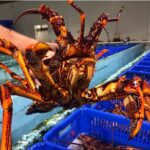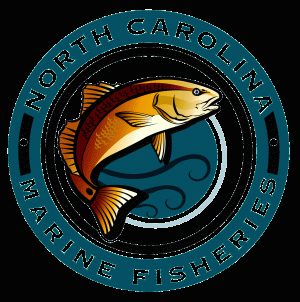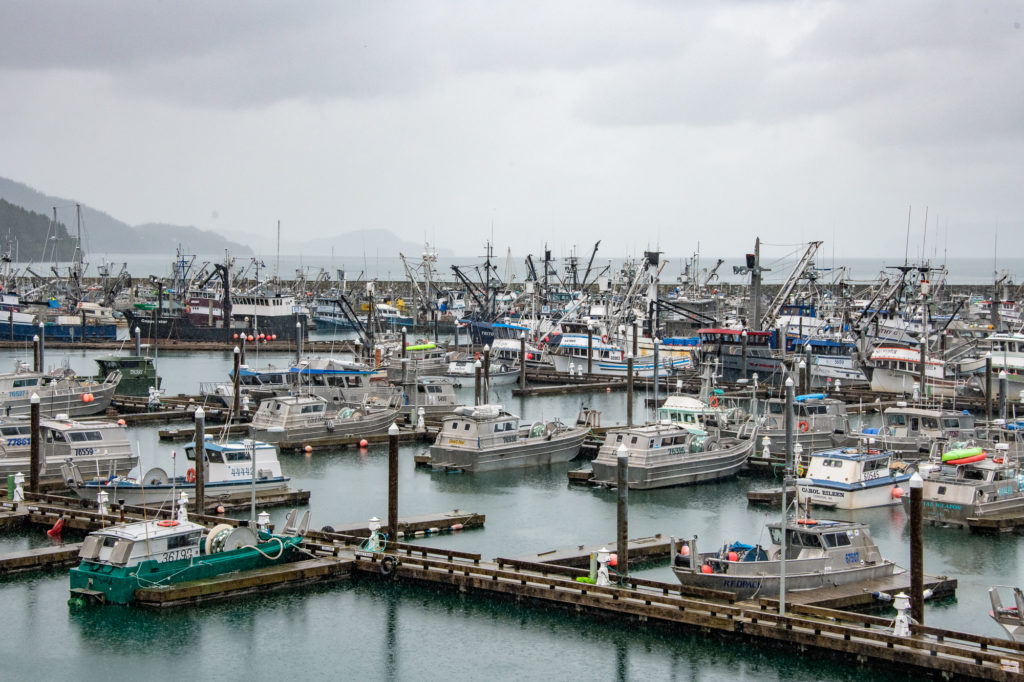Daily Archives: November 18, 2019
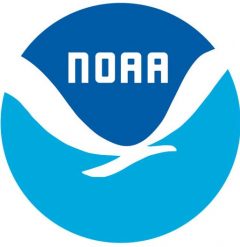
N.E., Mid Atlantic-Vessel Monitoring System Software Update Required for Vessel Owners
The VMS unit installed on your vessel requires a software update to comply with recent regulatory changes and prepare for potential measures that still must be approved before going into effect. Depending on your vendor, the new software will be released and available on November 25, 2019 (SkyMate and Woods Hole Group), or will update automatically on November 25, 2019 (McMurdo). Begin using this new software for trips after December 6, 2019. Bulletins with additional information have been mailed and are also available on our >website<. Questions? Contact: Sustainable Fisheries, (978) 281-9315 or Northeast VMS Team, (978) 281-9213
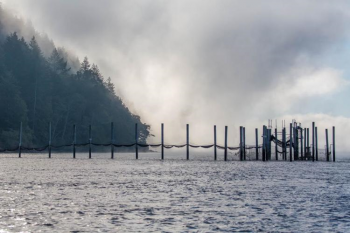
An experiment on the river – Researchers hope fish trap will be safer for wild fish
Fish traps have been outlawed in the Pacific Northwest for decades, but researchers plan to test an experimental trap in the Columbia River in hopes that it will be safer for wild fish than traditional fishing methods. Adrian Tuohy, a biologist and project manager for the Wild Fish Conservancy, said the proposed fish trap, also called a pound net, would be put in the Oregon side of the river so biologists can monitor how many fish are in the river and how many wild fish survive after being released. >click to read< 16:36
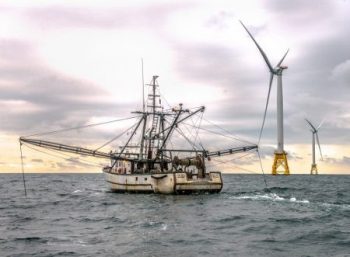
Scam Alert: Claims Offshore Wind Will Soon Power The World Are Pure Bunkum
Built on lies and fuelled by subsidies, the wind industry is the biggest government mandated scam in history. Around the world, governments have thrown trillions of dollars in taxpayer subsidies at wind power; set mandates and punitive targets and helped developers ride roughshod over rural communities. Out at sea, trawlermen are left furious as they watch their once lucrative fishing patches get turned into industrial wastelands, and their livelihoods wrecked, forever. Now, the wind industry and its propaganda outfits are making even wilder claims about how offshore wind will soon deliver the bulk of the planet’s power needs. >click to read< 15:48
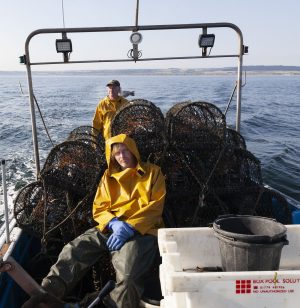
Photographs that celebrate the fishermen and boat restorers keeping the North East’s maritime heritage alive
Growing up on the coast in the North East of England, the rich landscape of Teesside has long inspired photographer Mark Luck. In his moving series, On the Turn of the Tide, he takes a closer look at the people who are helping to keep the region’s maritime heritage alive, despite the difficulties they face. “The passage of time has brought about change to fishing and the boats used by the fishermen on the North East coast,” Luck explains. Photo’s, >click to read< 12:10
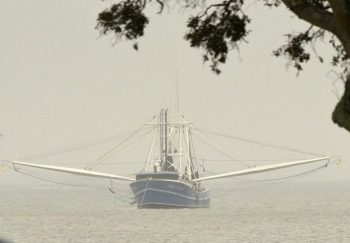
Illegal foreign fishing draws congressional eye
Nathan Rickard, representing local shrimpers through the Southern Shrimp Alliance, was one of the people invited to speak on a panel to the subcommittee. He said federal anti-dumping laws helped provide stability to an industry that received a massive hit from imported shrimp beginning in the late ‘90s. “Although the industry permanently had lost many shrimping families, and has struggled to maintain its foothold in some coastal communities, the threat that the industry would entirely disappear has abated,” Rickard said. “The U.S. shrimp industry currently produced about one out of every eight pounds of shrimp that are consumed in our country. >click to read< 10:10
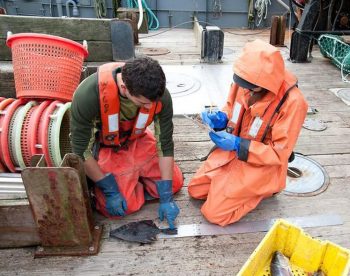
NOAA Wants More Cameras On Fishing Vessels And Fewer Biologists
John Hankins owns the boat “Courageous,” which he sails out of Warrenton on the northern Oregon coast. He had a smile after returning from 25 days fishing for albacore. “I’m full,” he said. “Both tanks!” The National Oceanic and Atmospheric Administration didn’t assign a fisheries observer to his boat this trip. But he said, it happens fairly regularly. “They’re usually not a problem for us,,, >click to read< 09:20
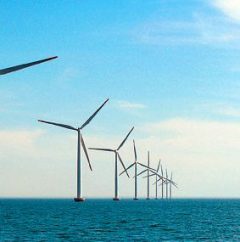
Impact of offshore wind on fisheries unknown
Fishing is an integral part of the blue economy, but the planned offshore wind development will affect over 100,000 acres of ocean currently used by fishermen to sustain the very industry the authors applaud. Once the Rhode Island-Massachusetts wind energy area is fully built out, an area of roughly 1,418 square miles – vastly larger than Cape Cod – will be covered in turbines roughly a mile apart. How this will affect fisheries is unknown. by Mary Newton Lima >click to read< 07:57


































